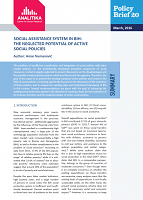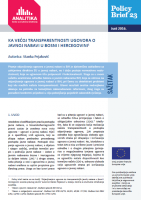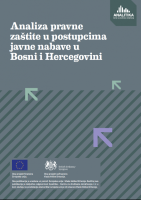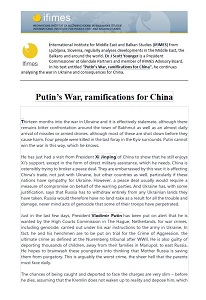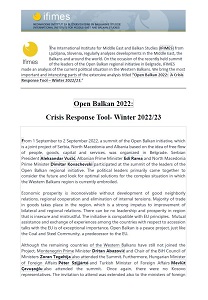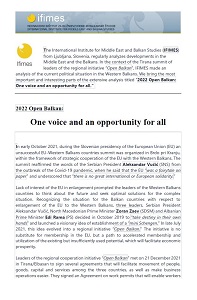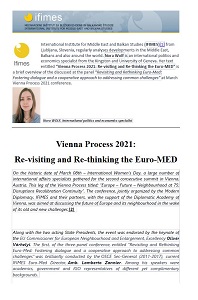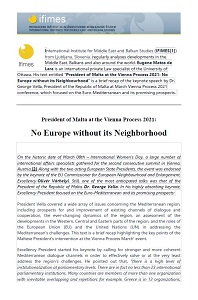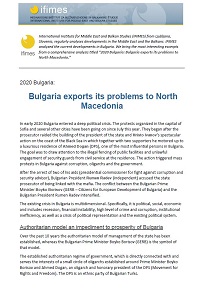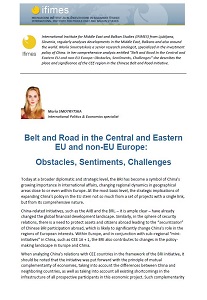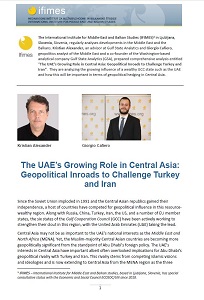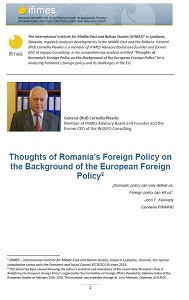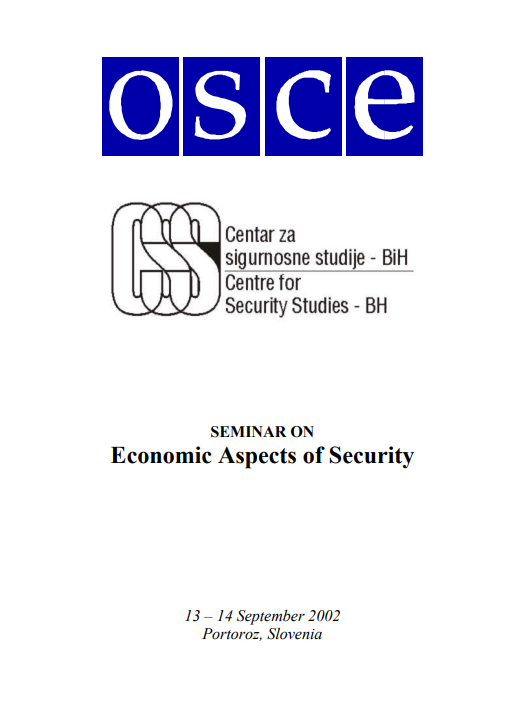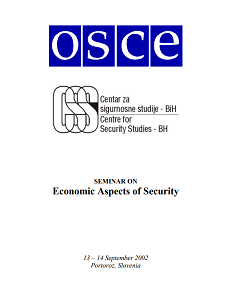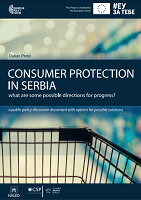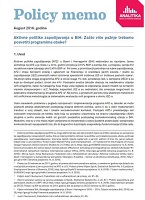
Active Labour Market Policies in BiH: Why More Attention Should be Paid to Training Programmes
Active labour market policies (ALMPs) in Bosnia and Herzegovina (BiH) are underdeveloped. Public spending on ALMPs is low; in 2014 it amounted to 0.15% of the country’s GDP, whilst EU countries on average spend around 0.45% of GDP on active measures. In addition, ALMPs have a tertiary importance in the prioritisation of spending on employment measures, and are mostly financed from the funds of public employment services (PES) left over after operative costs and costs of passive measures have been met. The labour force coverage rate of ALMPs is only 1%, whereas, by way of comparison, it amounts to around 4% in the OECD countries for which data are available. The existing analyses also indicate that these programmes often inadequately target population categories which have greater chances of finding employment (young university-educated people, etc.). Furthermore, the capacities of PESs are insufficient, which lowers the chances of adequate implementation of ALMPs. Finally, a unified methodology and mechanisms for systemic evaluation of these programmes have not been established by the PESs in the recent period. In addition to the aforementioned problems regarding the development and implementation of ALMPs, the existing design of active policies could also be called into question, if international trends in the field and the local socioeconomic context are taken into consideration. The existing ALMPs are a set of isolated interventions on the labour marked primarily intended directly to employ target groups as a stopgap measure to manage some of the pressing issues arising from the present socioeconomic circumstances in BiH. However, they include very little investment in human resources and bolstering the competitiveness of jobseekers, although such investment would, in the long run, improve the functioning of the labour market.
More...
